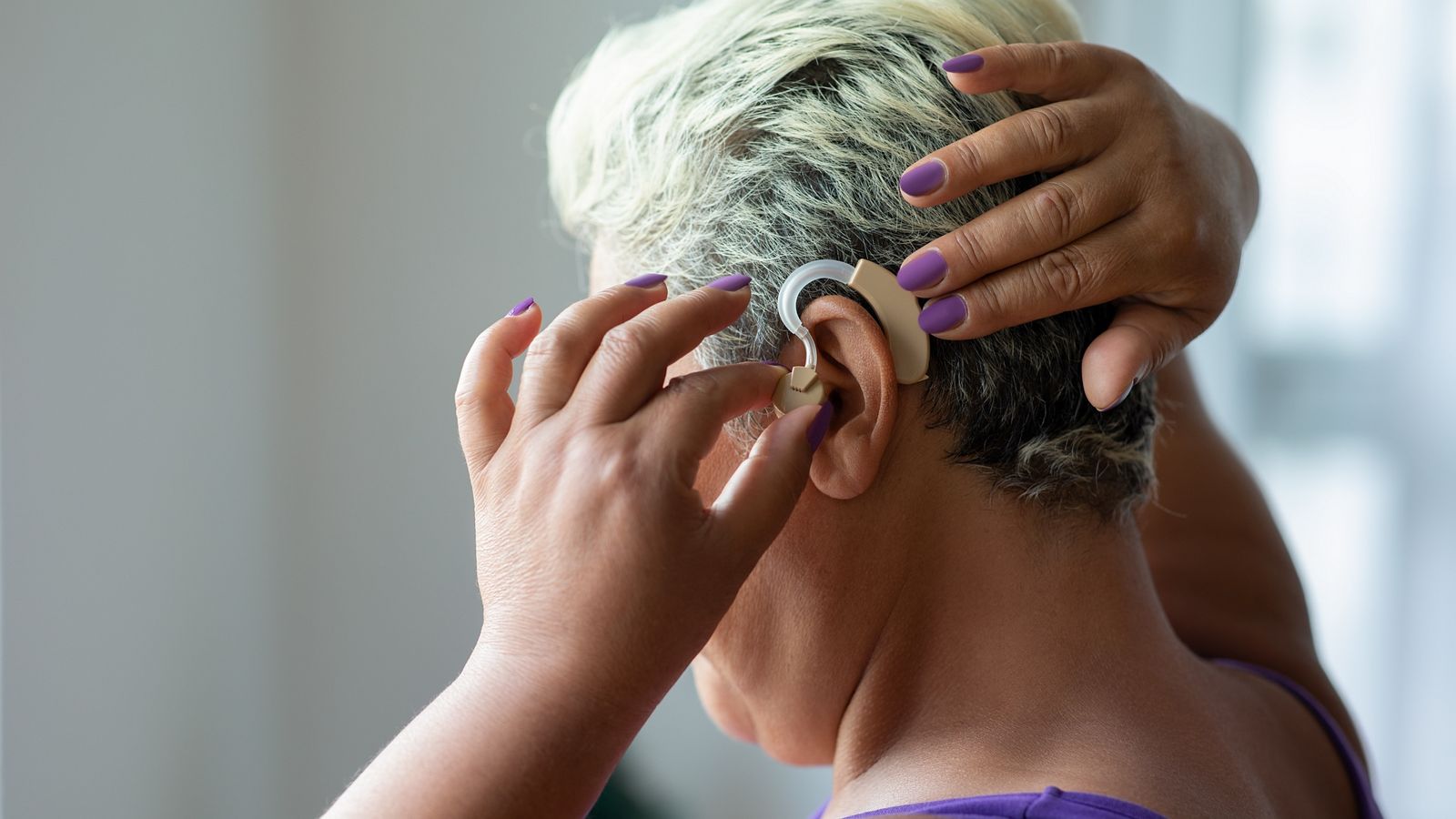One in 10 people in the UK would avoid communicating with a deaf person, survey suggests

One in 10 members of the public in the UK would actively avoid communicating with a deaf person, a new poll has suggested.
It comes as almost half (48%) of 2,095 surveyed by YouGov said they do not know how to effectively communicate with people who are deaf or hard of hearing.
A further 59% said that would not feel confident communicating with people who have hearing loss, despite one in five adults in the UK being affected.
People who are deaf cannot hear much or anything at all, and may struggle to understand speech, according to the National Institutes of Health. Those with hearing loss may only be able to hear speech and sound immediately around them – it can range from mild, moderate, severe, or profound.
Charity, RNID, said the findings “lay bare” the stigma and misunderstanding that 12m people in the UK face in their daily lives.
It is encouraging people to communicate with those who are deaf or have hearing loss, in order to build public confidence.
The charity is urging the public to use the acronym EAR to help communicate with people with hearing loss.
Environment – reducing background noise or moving to a quieter area is most effective for communicating. Also, making sure the room is well lit for someone who lip reads.
Attention – use simple gestures such as pointing, waving or a light tap on the shoulder to get someone’s attention, face the person you are speaking to so they can lip read, and avoid speaking to their interpreter or anyone else who is with them.
Repeat – rephrase or repeating phrases if someone does not understand. If this does not work, you could write it down, or speak to a friend or relative if they ask you to.
“The most important thing is just to ask someone how you can help,” said Teri Devine, director for inclusion at RNID.
Charity Auditory Verbal UK (AVUK) has also called for more early support for deaf children in the UK, as only 8% of children under five have access to an auditory verbal therapy programme.
Read more:
DNA test to prevent antibiotic-caused deafness in newborns recommended for NHS use
COVID vaccines could have links with causing tinnitus
Advertisement
“Deaf children and young people often tell us they feel isolated and lonely, and when one in 10 people say they would actively avoid talking to them, it’s not hard to see why,” Jo Campion, deputy director of campaigning at the National Deaf Children’s Society said.
“Every child deserves to be included in the fun and games happening around them – and that includes deaf children.”
Deaf Awareness Week runs from 1-7 May.